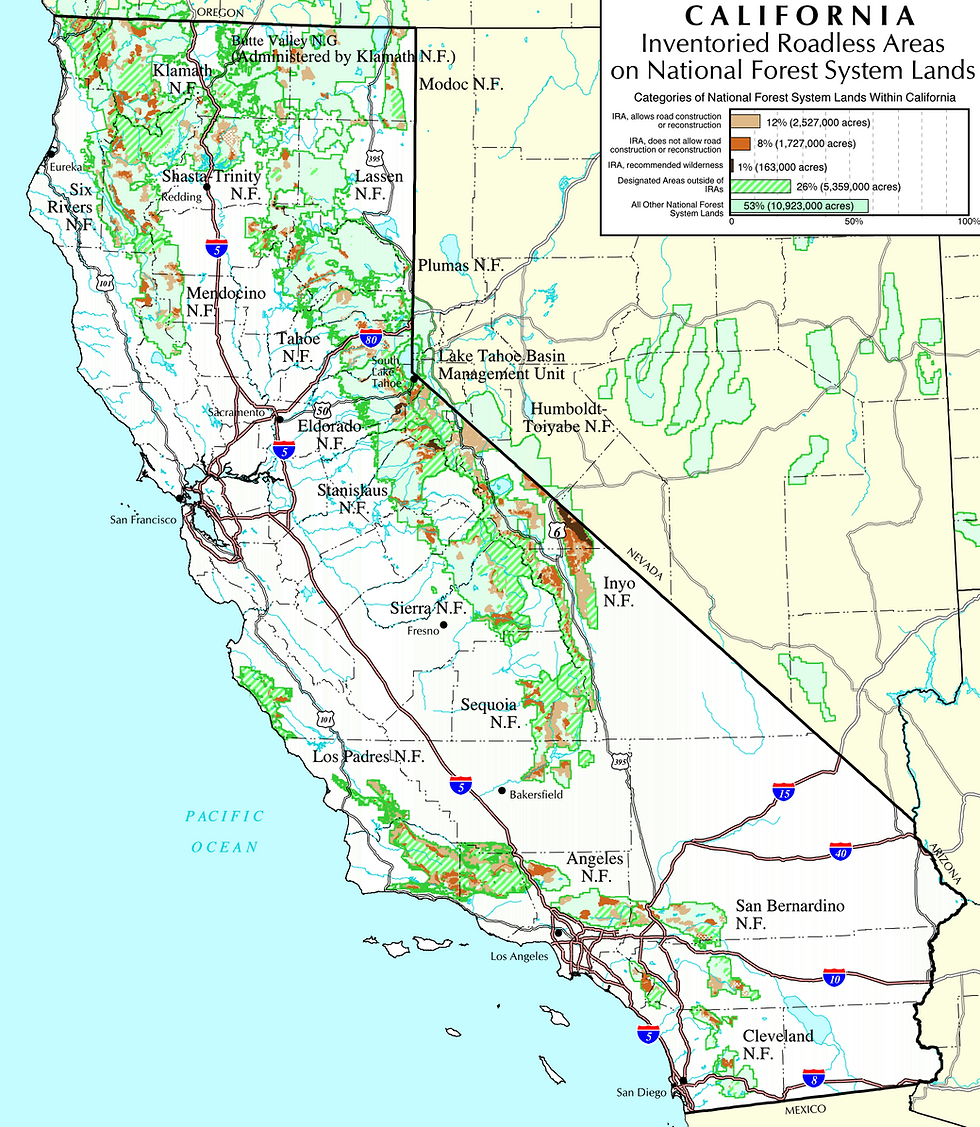Logging, Not Wildfires is a Greater Threat to Northern Spotted Owls
- Sep 12, 2018
- 2 min read
Science in action: Defying current assumptions, a new scientific review of northern spotted owl studies discovered that current forest management practices meant to protect them may instead be hurting them. In a recent meta-analysis, Pennsylvania State University researcher and quantitative ecologist Dr. Derek E. Lee examined 21 published scientific studies on the spotted owl and found that wildfire impacts were less than previously believed, challenging the narrative that fuel-reduction logging is necessary or helpful for their survival. The study found that mixed-severity fires may in fact be beneficial to their habitats
This summer, as the West Coast continues to be scorched by multiple infernos, the wildfire risks to human life and property are not to be underestimated. Wildfires (or the mere potential for them) near cities and towns can be extremely deadly, and must be proactively managed for human safety. However, in the wilderness and away from human habitation, mixed-severity fires may actually have complex ecological effects that warrant a second look.
On wildfire impacts to the spotted owl, Dr. Lee writes, “[These results were] not a surprise to me as this species has been living with forest fire for thousands of years. But, it was fascinating to see the positive effects of wildfire on the owls. The positive effects of forest fires on spotted owls indicate mixed-severity fires, including so-called mega-fires, such as have been receiving lots of media attention lately, are within the natural range of variability for these forests. The fact that spotted owls have adapted to these types of fires over evolutionary time tells us that they have seen this before and learned to take advantage of it.”

Click for full infographic by Derek E. Lee. Used with permission.
In the examined studies, fewer than 1% of spotted owl breeding sites were found to be affected by fires. In contrast, the wildfires produced mixed habitats that drew in new owls (increased “recruitment”) and provided more foraging opportunities in the recently-burned areas.
According to Dr. Lee’s press release, “The idea behind these logging projects is that the risks from wildfire outweigh the harm caused by additional logging, but here we show that forest fires are not a serious threat to owl populations and in most instances are even beneficial. This reveals an urgent need to re-evaluate our forest management strategies.”





Comments